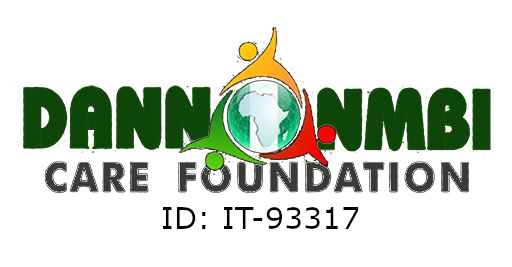Education




Our Programs
Education
Education is a cornerstone for national development, yet Nigeria continues to face challenges in providing equitable access to quality education. Millions of children are out of school, and the system struggles with issues such as inadequate infrastructure, teacher shortages, and poor learning outcomes. Addressing these challenges through targeted interventions is key to unlocking the potential of Nigeria’s youthful population.
The State of Education in Nigeria
-
Out-of-School Children:
- According to UNICEF, Nigeria has the highest number of out-of-school children globally, with over 10 million children aged 5–14 not attending school. This issue is more pronounced in northern Nigeria, where cultural and economic factors contribute to low enrollment rates.
- Girls are particularly affected, facing barriers such as early marriage, child labor, and gender discrimination.
-
Access to Education:
- While primary school enrollment has improved over the years, many children do not transition to secondary or tertiary education due to financial constraints, long distances to schools, and inadequate facilities.
-
Quality of Education:
- Learning outcomes remain low, with many children unable to read or perform basic arithmetic despite attending school.
- Teacher quality is a major issue, as many educators lack the proper training, and teacher-student ratios are often overwhelming, especially in public schools.
-
Infrastructure Deficits:
- Many schools lack essential facilities such as classrooms, desks, toilets, and electricity, especially in rural areas.
- Overcrowding is a persistent issue, with some schools accommodating far more students than their capacity.
-
Impact of Conflicts and Emergencies:
- Armed conflicts, especially in the Northeast, have disrupted education for millions. Schools have been destroyed, and many children are too afraid to return to classrooms.
- Internally Displaced Persons (IDP) camps struggle to provide adequate educational services for displaced children.
Education is a powerful tool for transforming lives and communities. By addressing access, quality, and equity issues, Nigeria can ensure that every child has the opportunity to learn, grow, and contribute meaningfully to society. A collaborative approach involving government, Dannonmbi, and local communities is essential to achieving this vision

